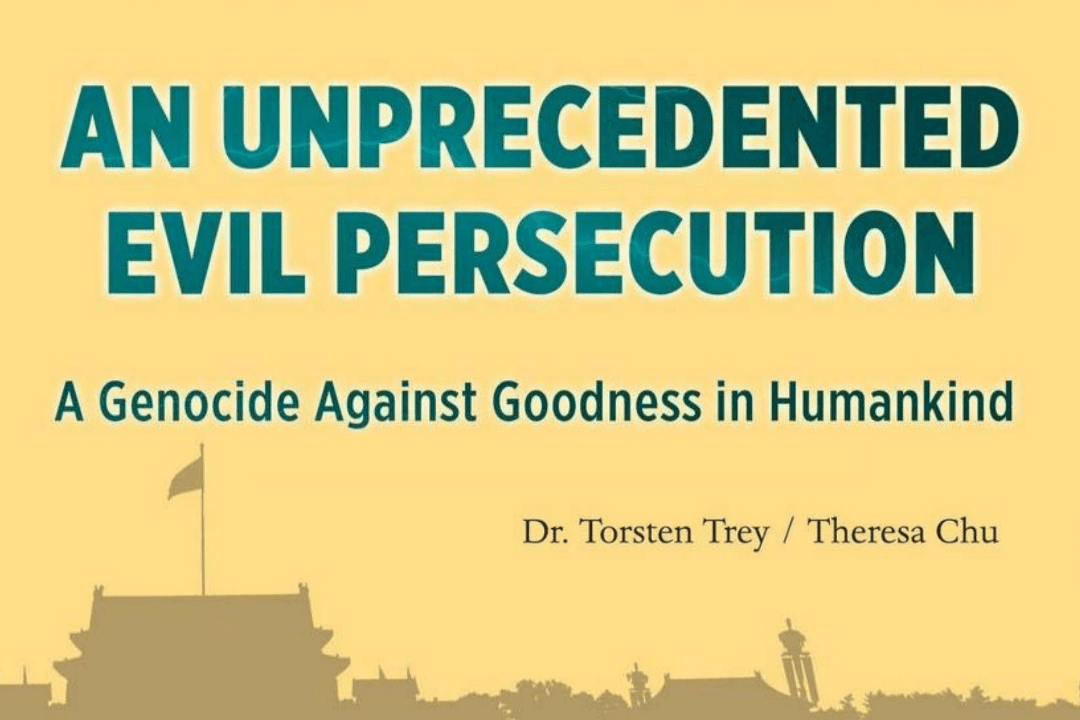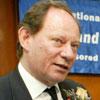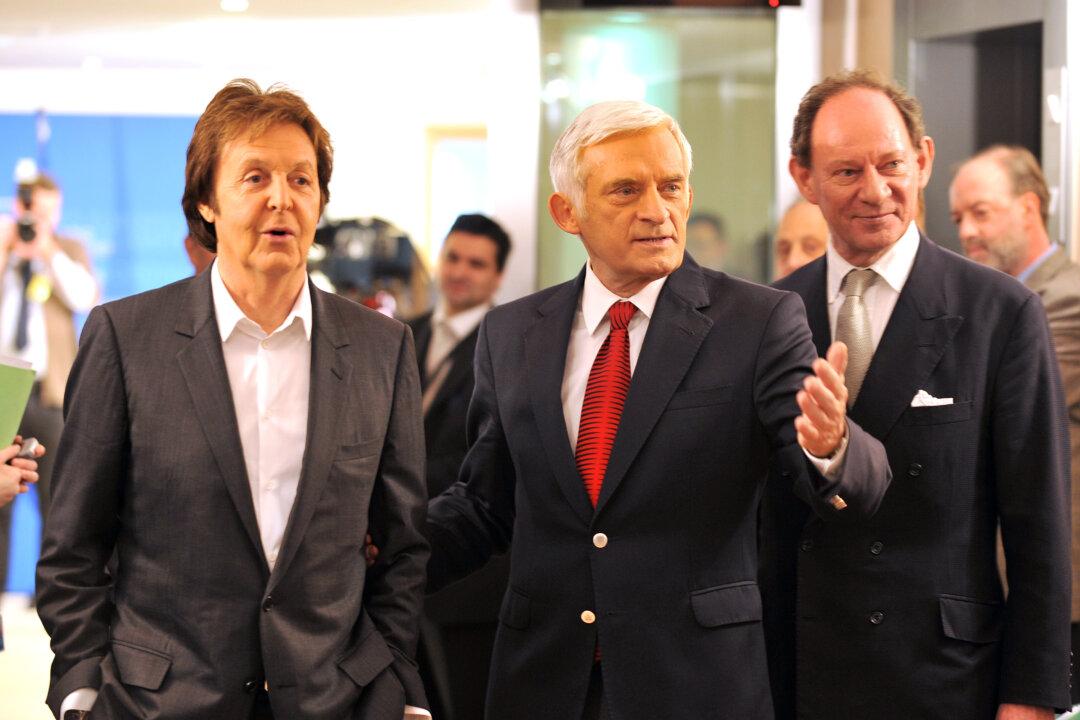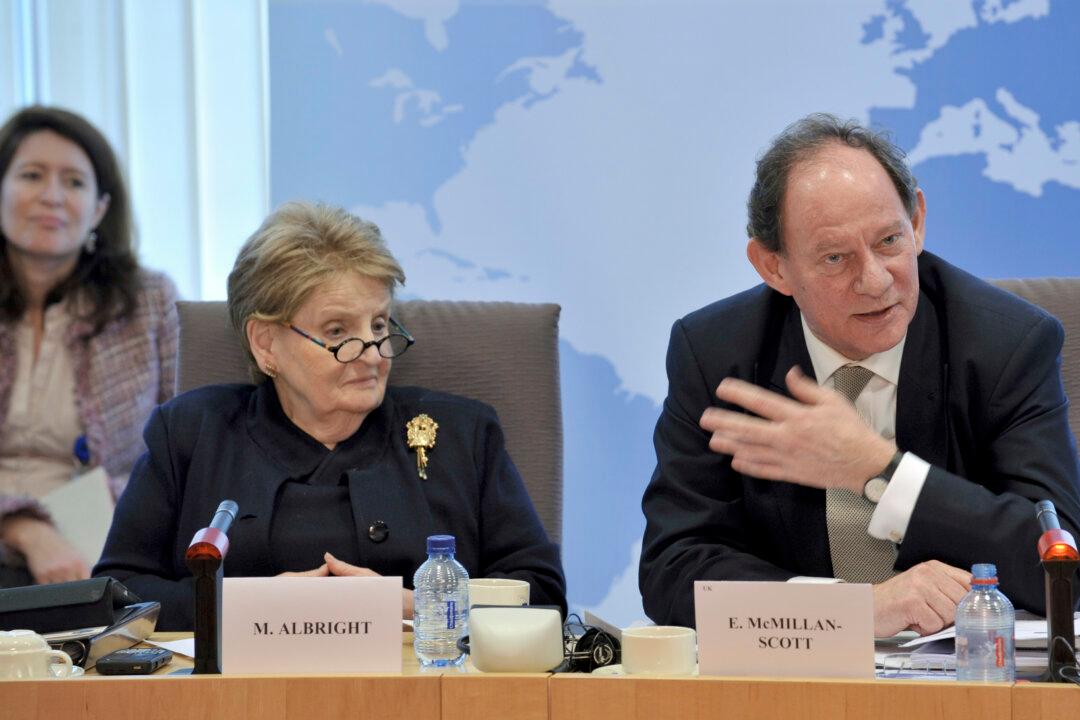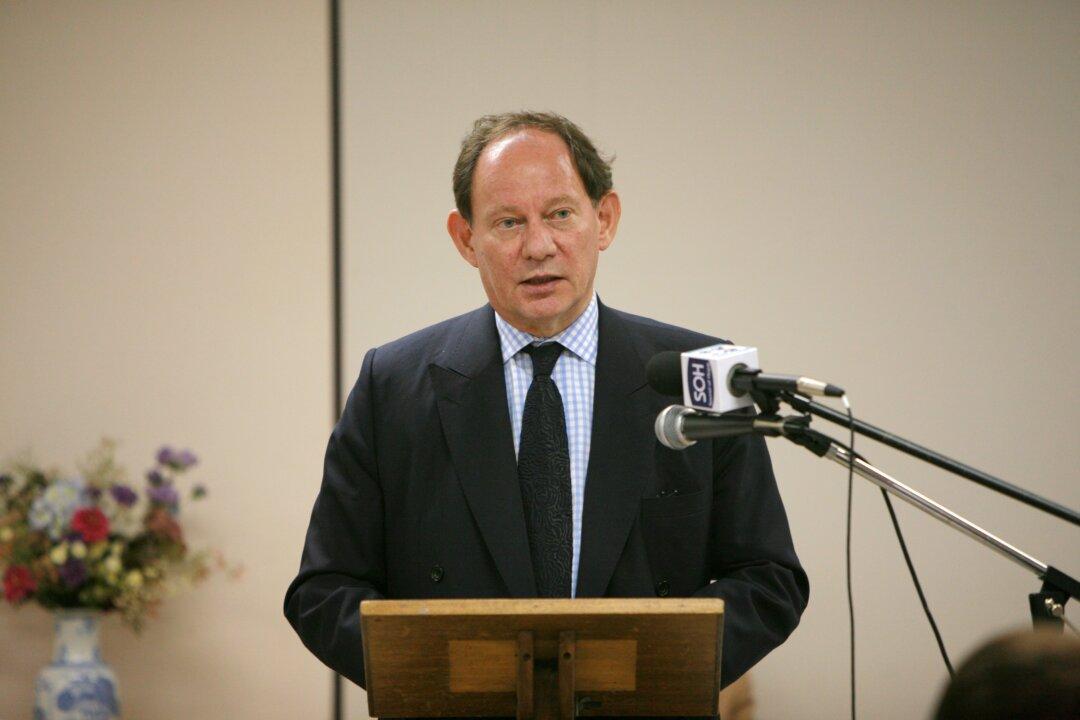The Epoch Times is proud to republish “An Unprecedented Evil Persecution: a Genocide Against Goodness in Humankind” (eds. Dr. Torsten Trey and Theresa Chu. 2016. Clear Insight Publishing). The book helps with the understanding of forced organ harvesting in China by explaining the root cause behind this atrocity: the genocide committed by the Chinese regime against Falun Gong practitioners.
In 2006, Beijing was preparing to host the 2008 Olympics, and I was visiting the city in my capacity as the European Parliament’s Vice-President for Human Rights & Democracy. China was preparing to show the world that it was a responsible world power that had progressed economically and politically. Liu Jingmin, Vice-President of the Beijing Olympic Bid Committee, had said that allowing Beijing to host the Games would “help the development of human rights”. In a dingy hotel room with the curtains drawn, I learnt the truth behind China’s facade of progress.
